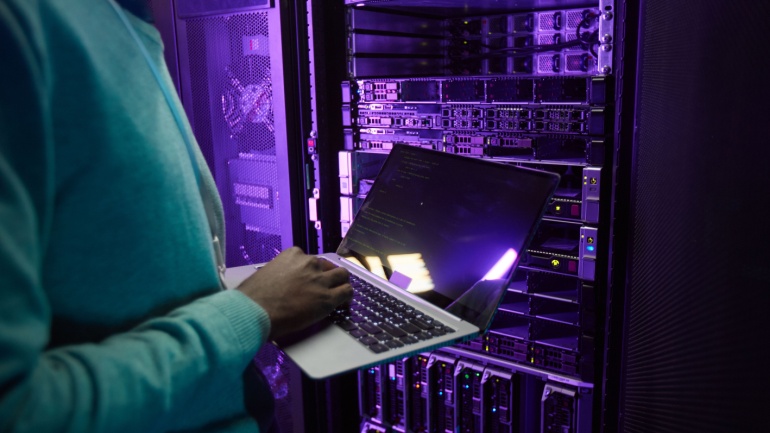Actility’s acquisition of API-K revolutionizes the rescue landscape with innovative LoRaWAN tracking systems. Known for boosting search radii greatly, their beacon technology is a game-changer for mountain sports and rescue teams. Integrating API-K’s advanced LoRaWAN solutions into Actility’s portfolio, they aim to set new standards in outdoor geo-security and rescue efficiency.
Korean tech giant Samsung Electronics has acquired Oxford Semantic Technologies, a UK-based startup specializing in advanced knowledge graph technology. This strategic move aims to enrich Samsung’s AI capabilities, enhancing user experiences across its ecosystem. By integrating this technology, Samsung plans to deliver hyper-personalized interactions through its products, including mobile devices, televisions, and home appliances.
Telkomunikasi Indonesia International (Telin) teams up with BW Digital to develop the Nongsa-Changi submarine cable system, enhancing connectivity between Batam and Singapore. This strategic alliance aims to support digital economic growth with robust, reliable links for high-density AI applications. Completion is expected by Q4 2025, marking a significant milestone in regional digital infrastructure.
Soracom’s commercial rollout of satellite NB-IoT, in partnership with Skylo Technologies, is revolutionizing IoT connectivity. Leveraging Skylo’s LEO satellite constellation, Soracom provides seamless integration of cellular and satellite IoT networks through its cloud platform. This advancement empowers businesses with reliable, global IoT services, enhancing connectivity even in remote areas.
Ericsson and Oppo have entered a multi-year cross-licensing patent agreement, reinforcing their collaboration on 5G projects and cellular technology advancements. Oppo will make royalty payments to Ericsson under this new arrangement. This deal bolsters Ericsson’s patent portfolio and demonstrates the efficacy of business negotiations in the VoIP and 5G sectors.
Millicom’s board has urged shareholders to reject Atlas Investissement’s buyout offer, deeming it undervalues the company. Atlas, holding 29% of Millicom, proposed purchasing the remaining shares for $24 each. Millicom, a leader in Latin American telecommunications, believes its financial outlook and long-term potential far exceed the offered price.
A significant data breach at AT&T, impacting nearly all wireless customers, has exposed call and text message records. The 2022 breach highlights vulnerabilities in telecommunication security, emphasizing the need for VoIP engineers to implement robust measures.
Vodafone recently showcased the transformative potential of 5G network slicing at the Glastonbury Festival in Somerset, U.K. Partnering with EBC, a beverage vendor, Vodafone demonstrated how network slicing enhances payment transactions by providing real-time connectivity and reducing latency.
Fastweb has launched NeXXt AI Factory, introducing Italy’s first DGX SuperPOD AI supercomputer. Located in Bergamo, the facility enhances Italy’s AI landscape, empowering startups, universities, and businesses. Fastweb’s robust computing power and partnerships ensure high-quality AI applications, positioning Italy at the forefront of technological innovation.
The Australian Government’s strategic partnership with Amazon Web Services (AWS) aims to enhance the nation’s cybersecurity with a $2 billion investment. This move involves creating a Top Secret AWS cloud infrastructure to secure intelligence data.













